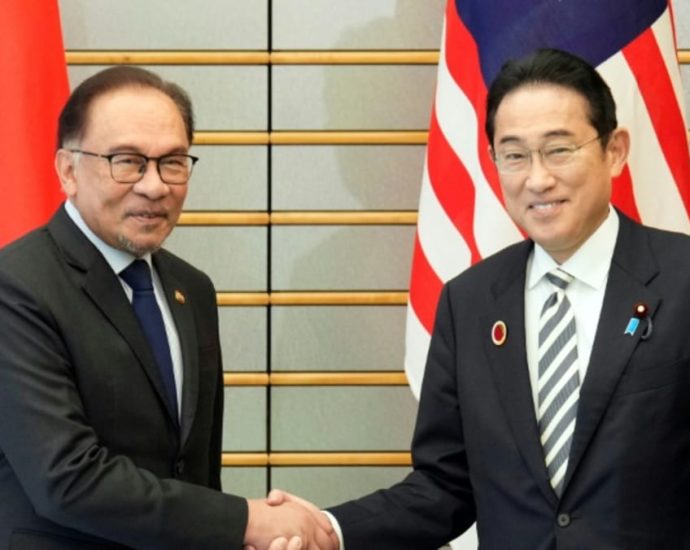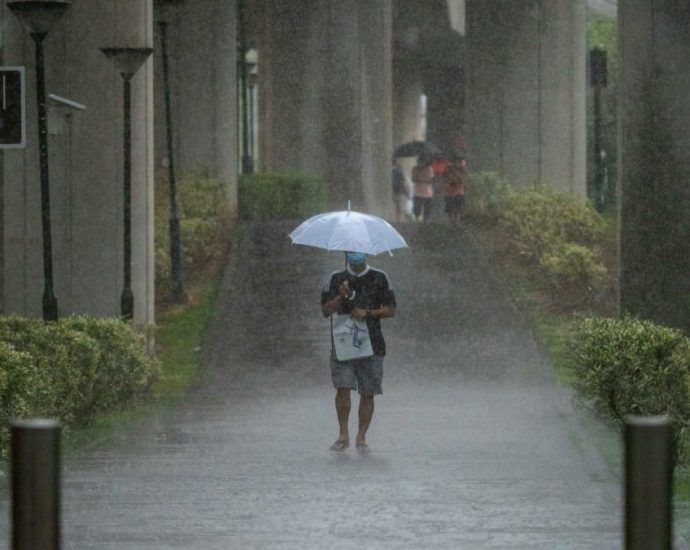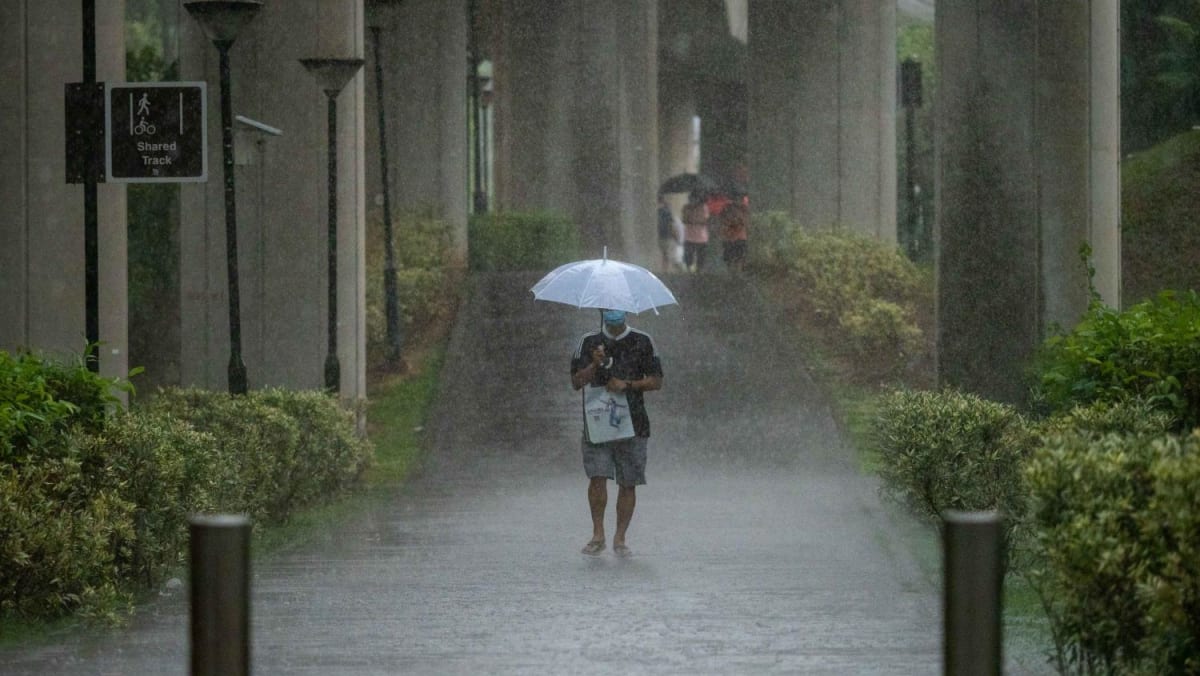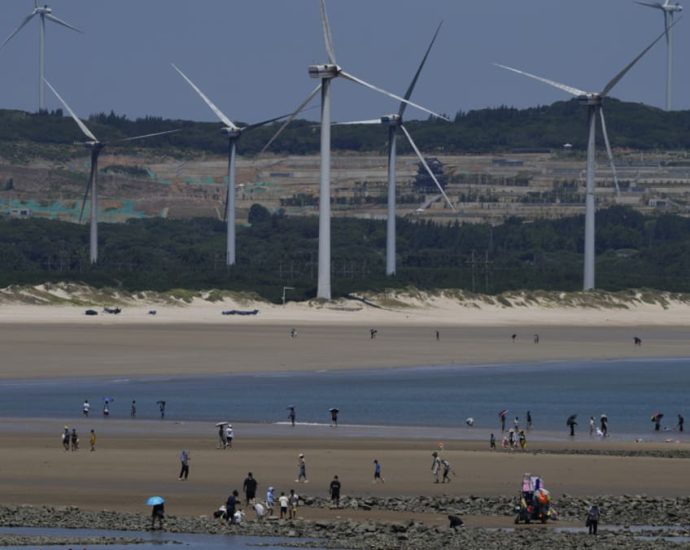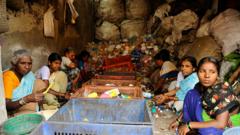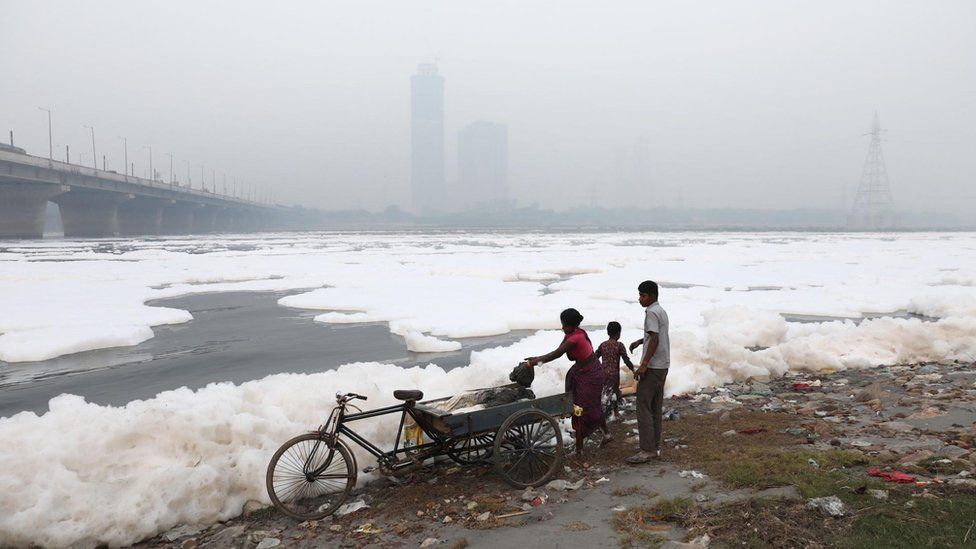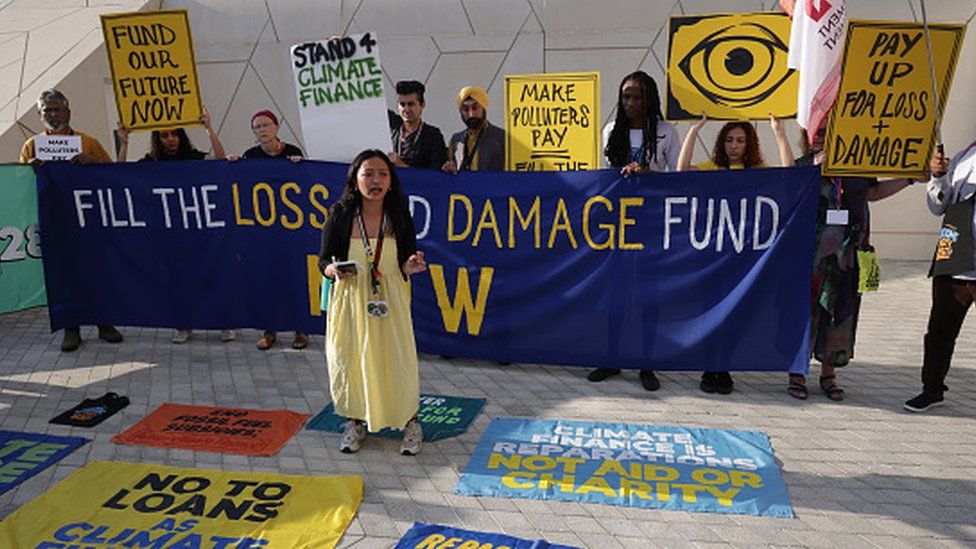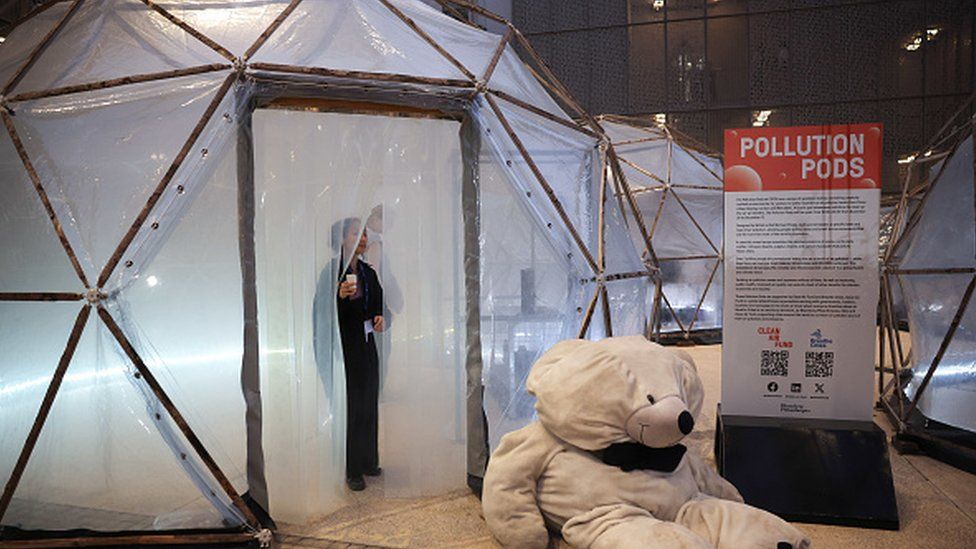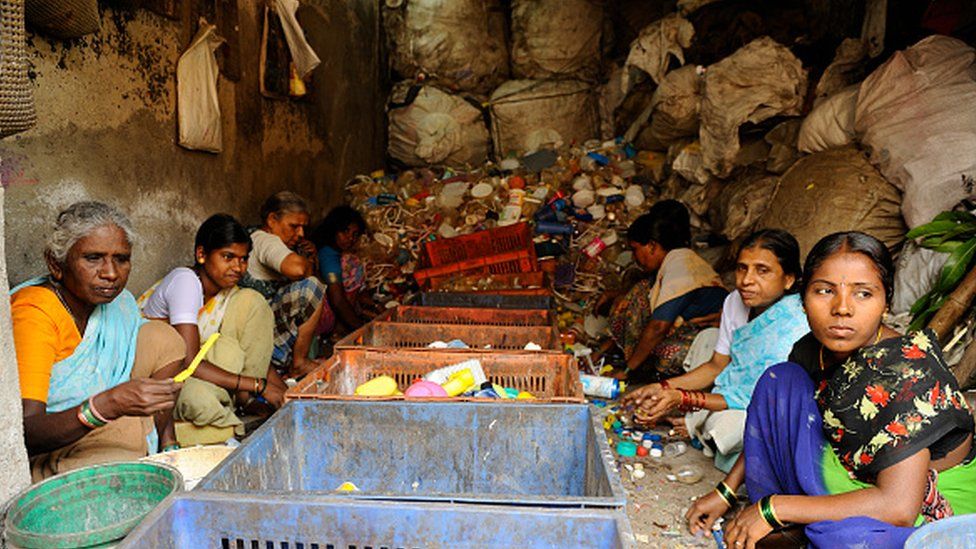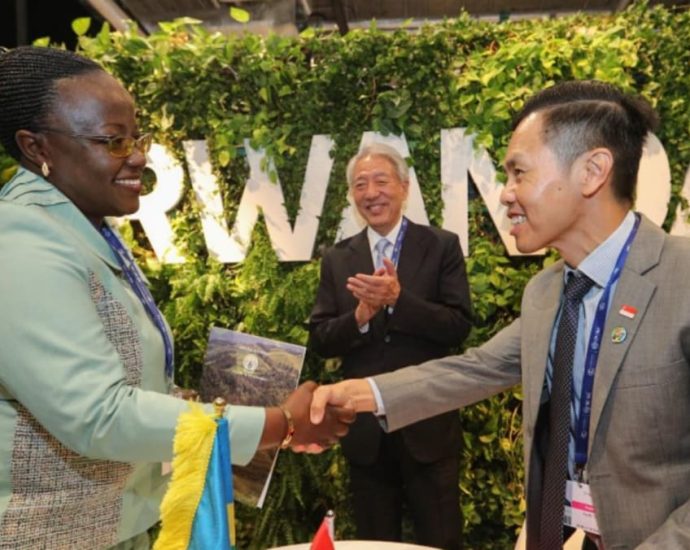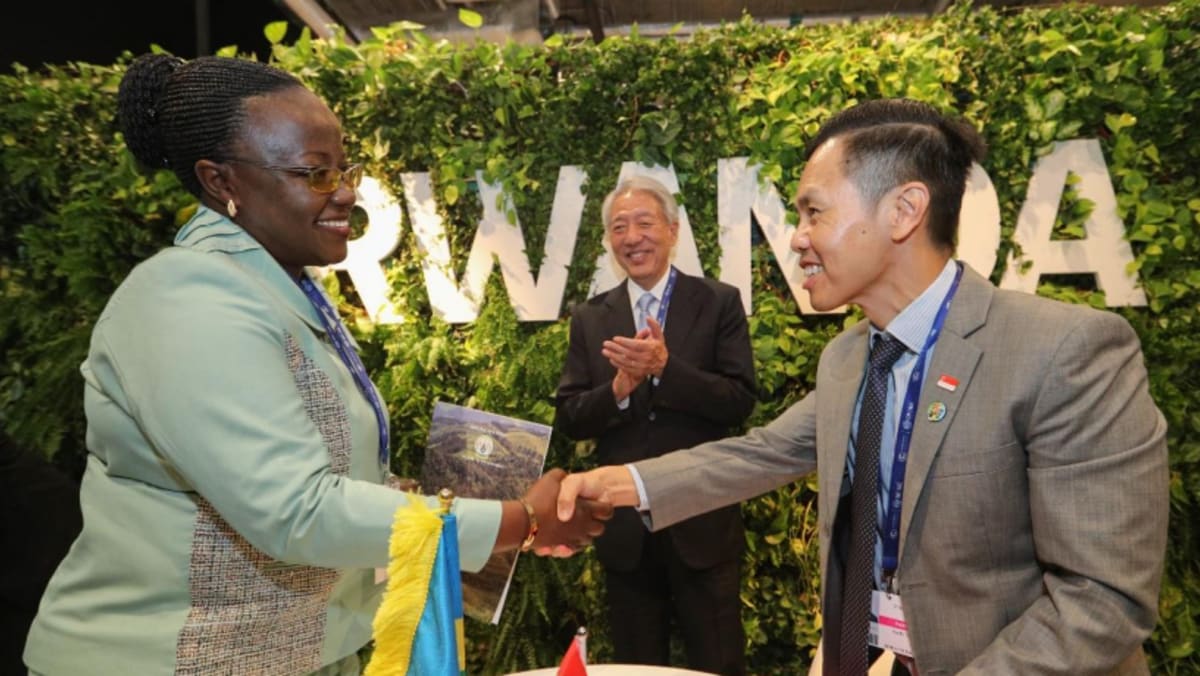Climate and conflict a toxic geopolitical mix in Syria
As the COP28 climate conference wrapped up in the United Arab Emirates last week, international observers were focused on the outcome of the talks, with good reason. The fate of humanity hangs in the balance.
But just off stage, regional analysts were absorbed in a related issue that will hinder efforts to implement any plan to save the planet. Call it the geopolitics of climate action, and Syria was exhibit A.
With Syrian President Bashar Al Assad absent from the proceedings, Prime Minister Hussein Arnous was tasked to lead the delegation in Dubai. Syrian officials underscored their primary focus was on securing funding for climate adaptation in the war-torn country, a concern other conflict-ridden states share.
While it’s imperative to address Syria’s environmental challenges, it’s crucial to consider them in the wider context. Channeling climate funds to a regime that has exacerbated old environmental woes while creating new ones will undermine efforts to hold those responsible to account. Worse, it creates an opportunity for climate funds to be misused.
The regime’s extensively documented corruption and manipulation of aid and development funding pose a significant risk to mitigation efforts. Any climate funding allocated to Syria must come with assurances that the money won’t be redirected.
For more than 12 agonizing years, the Syrian conflict has inflicted brutal violence, economic turmoil, and widespread suffering. Concurrently, recent years have brought a surge in extreme weather events in Syria – scorching temperatures, devastating wildfires, relentless droughts, and ceaseless sandstorms.
These escalating calamities, both in frequency and ferocity, have heightened Syria’s vulnerability to the impacts of climate change. Ranked 146 out of 181 countries on the Notre Dame Global Adaptation Initiative index, Syria stands among the countries most severely affected by the climate crisis. This ranking underscores Syria’s acute vulnerability and limited resilience against the impacts of severe weather.
However, these dire circumstances must not eclipse the accountability of the Syrian regime in reaching this critical juncture. For decades, the regime’s policies directly aggravated a range of environmental challenges, including water scarcity, soil degradation, and air pollution.
The situation was further deteriorated following the peaceful uprising in 2011. A November 2023 report by former International Criminal Court judge Howard Morrison echoed these concerns, placing blame on the Assad regime for Syria’s extensive environmental devastation.

For instance, relentless bombing campaigns and the regime’s repeated use of chemical weapons have added to the ecological destruction. Today, cities remain buried under hazardous rubble that poses significant environmental and health risks.
Morrison’s report, which was released in the run-up to COP28, also underscores Assad’s targeting of the oil industry. Intentional strikes have created large oil fires and spills that ravaged cultivated land and triggered health crises, notably increased respiratory issues among affected populations.
The report also delineates how Assad’s war tactics have decimated clean drinking water supplies and polluted groundwater sources. The ravages of war have also rapidly diminished Syria’s forests, increasing flooding risks and contributing to a steep decline in biodiversity.
Extending climate financing to the Syrian regime would not only undermine efforts to hold Assad accountable but also risk yielding minimal impact.
Syria is not alone in this climate contradiction. Other countries in dire need of climate adaptation and mitigation funding – Sudan, for instance – are also embroiled in war. Indeed, climate-related challenges, like water shortages and soil degradation, are often contributing factors to conflict.
Still, Syria’s funding track record is particularly egregious. The regime has been accused of selectively directing aid to loyalist areas, manipulating exchange rates for aid transfers, and compromising procurement procedures.
Furthermore, the regime’s constraints on the operational freedom of international agencies impede independent needs assessment and monitoring, leaving these bodies heavily reliant on data provided by regime-affiliated entities.
Even if funders could look beyond past transgressions, structural corruption within Syrian state institutions will complicate climate financing. Entrenched corruption not only undermines the effectiveness of climate financing but also detracts from essential reforms needed to address Syria’s governance challenges.
The heightened focus on conflict and climate at this year’s COP summit, while sorely needed, will only yield results if the entities receiving support are properly vetted. Climate-related financing, like any funding directed to regime-held areas, must include assurances that mitigate corruption risks and ensure climate action without exacerbating Syria’s existing problems.
Given the technical and political challenges of coordinating with the Syrian regime, climate funding to Syria should target societal and civil society structures at the local level. These entities possess the skills and genuine interest in improving conditions in their areas.
Engaging directly with the Syrian regime, on the other hand, should be avoided whenever possible. A blank check from the international community would enable Assad to exploit yet another critical cause to secure his own political survival.
We’ve already seen what Assad can do with the slightest opening of support. But this time, the repercussions of engagement have planetary consequences.
Dr Haid Haid is a Syrian columnist and a consulting associate fellow of Chatham House’s Middle East and North Africa program. X: @HaidHaid22
Republished with the kind permission of Syndication Bureau, which holds copyright.


